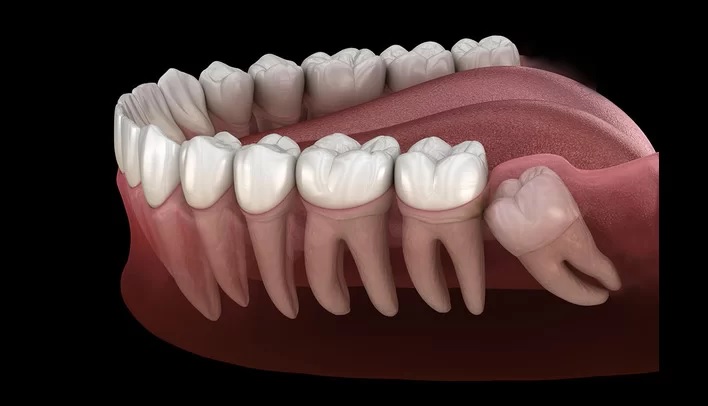Wisdom Teeth Woes –Signs You Might Need Them Removed

Every year, around five million people need to have their wisdom teeth extracted for a variety of reasons. Even though it is a common treatment, there is a lot of uncertainty about when the teeth should be extracted and when they can be left in.
This can occasionally result in difficulties where the teeth stay in longer than they should, producing extra discomfort or other oral health issues that must be addressed. To avoid this problem, you should extract your wisdom teeth as soon as possible. The easiest way to find out is to keep in touch with your dentist and schedule frequent checkups. If you are a Californian, you have the advantage of speaking to a dentist in Kensington, CA, to learn more, as some of the best dentists in town have provided gentle Wisdom tooth treatments.
Why do wisdom teeth need to be removed?
In many circumstances, oral surgeons and dentists will recommend that you have your wisdom teeth extracted if they foresee that they will create difficulties now or in the future. However, there is no reason to remove them if they will not cause any difficulties. Wisdom teeth do not need to be removed if:
- They are in the proper place and will not disturb your bite.
- These teeth are healthy, fully erupted, and easily cleaned with everyday dental hygiene.
In most situations, wisdom teeth grow at odd angles or do not have enough space to develop properly.
Signs your wisdom teeth need to be removed.
If you have not had your wisdom teeth removed yet, here are several indicators you should get them removed as soon as possible!
Pain near the back of your mouth
If you have discomfort at the back of your mouth or in that area, it might be due to your wisdom teeth. This might be the teeth attempting to come through or coming through in general.
The discomfort might be persistent or intermittent, but it is painful. If you are in agony, wisdom tooth extraction may be the best solution for you.
Swollen or tender gums
When your wisdom teeth begin to grow into your mouth, your gums may develop a flappy area around the tooth. While this might be mildly uncomfortable on its own, it can become more acute as food and microscopic particles become caught between the gum flaps, causing them to enlarge and create sensitivity.
At this stage, it may be advisable to have your wisdom teeth removed.
Persistent headaches
While a variety of circumstances can cause headaches, they may also indicate that you need your wisdom teeth removed. Wisdom tooth headaches typically begin in your mouth around your jaw. Jaw discomfort can extend into earaches and headaches.
If you notice any of these signs or suspect that your wisdom teeth may be causing issues, consult your dentist today.



